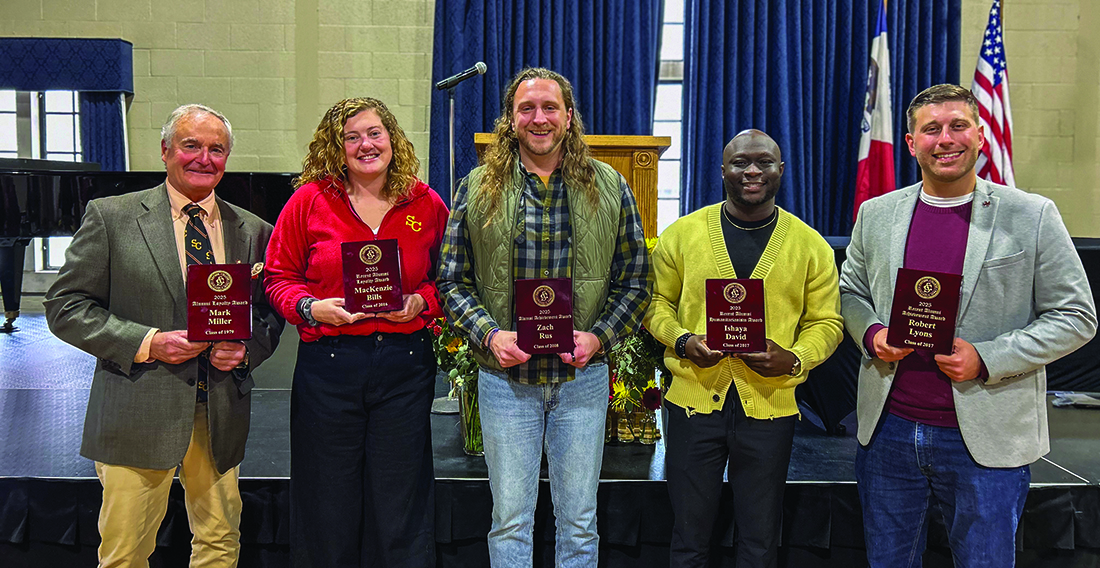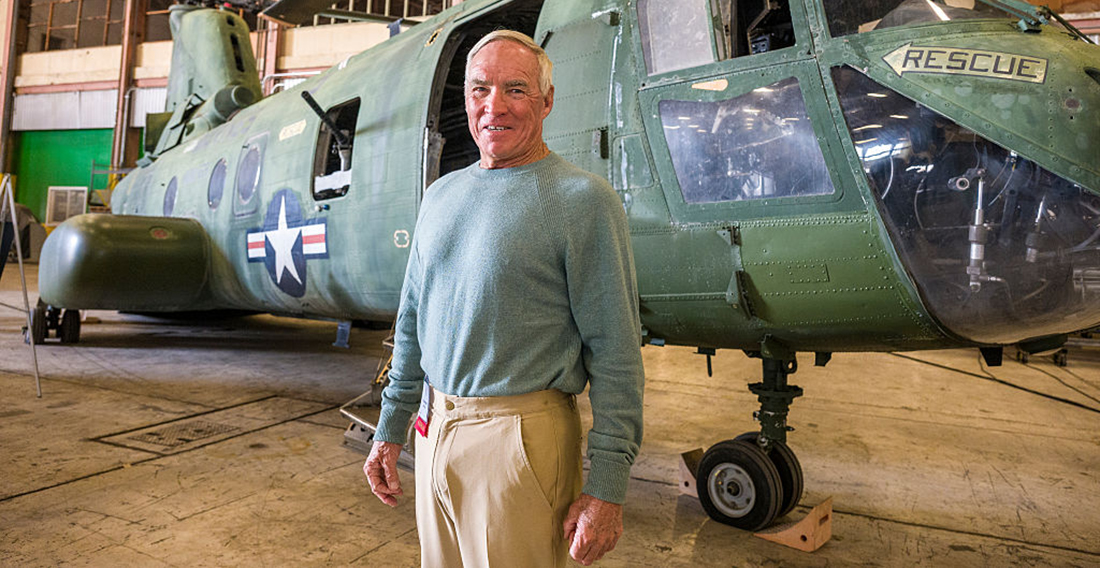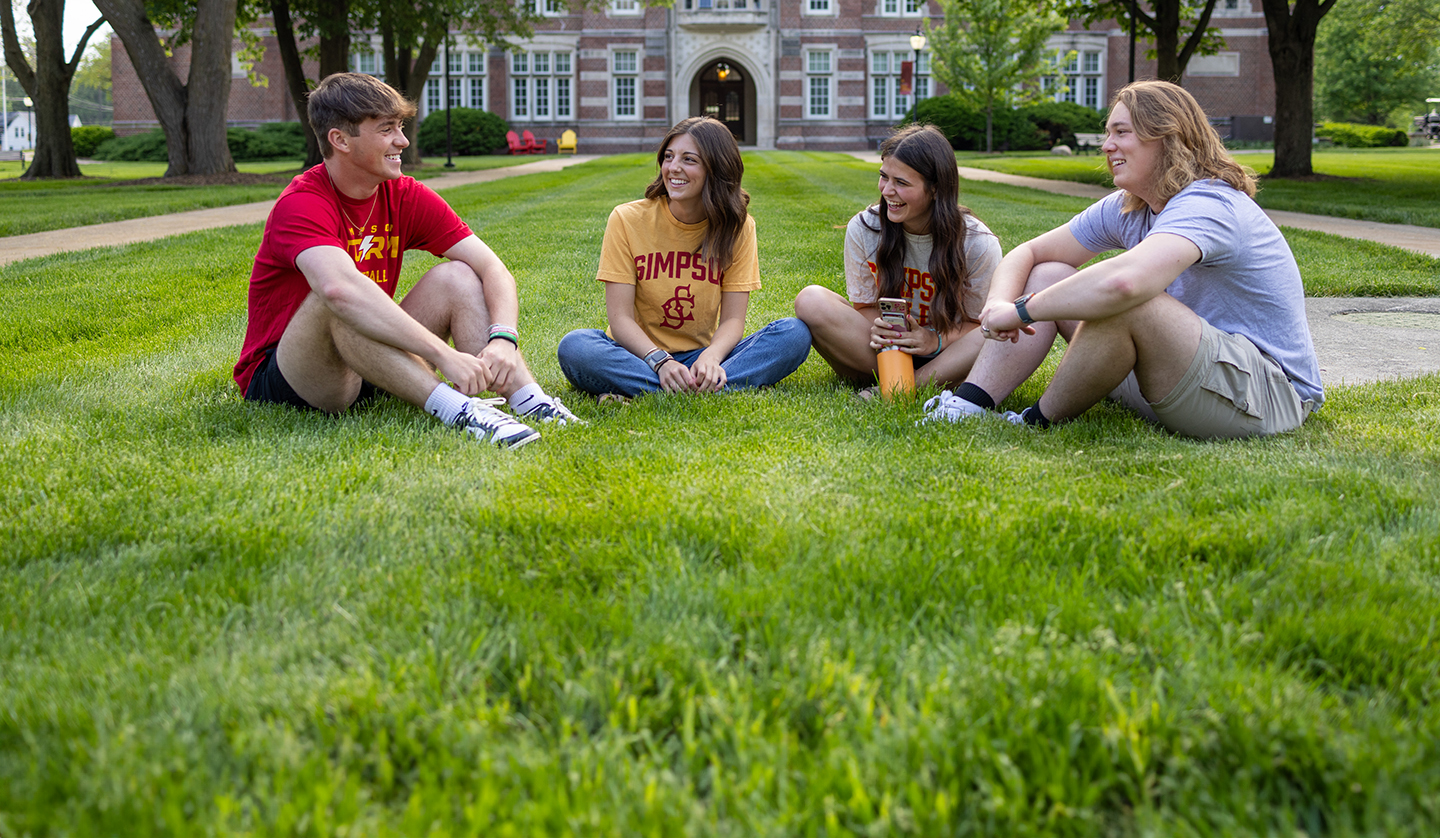Austin Roy '13
Teaching Physics To Future Generations

Thousands of education majors graduate from college each year and spend months in search of their first teaching job.
Austin Roy ’13 tells a different story. It’s another example of how a Simpson degree matters.
In February of his senior year Roy sent out three applications and immediately scored two interviews. Just hours after each interview he received phone calls from both principals. Both wanted him.
This was three months before he graduated.
Fast-forward 12 months later and Roy is wrapping up his first year teaching high school physics at Dallas-Center Grimes.
“Physics is my passion and teaching is my calling,” Roy says. “What better way to go to work than to be able to do both of them at the same time?”
Science has always been the radar of the young man from Le Mars. He recalls looking at weather maps as a young boy and saying, “I want to be a storm chaser when I grow up.”
The physics department was one of the main reasons Roy was drawn to Simpson. His older brother and sister graduated from Simpson, and that was another factor.
“I knew a good amount about the school, and I knew if I went to Simpson that I could get the support and attention from the professors I needed in order to succeed,” he says.
And that’s exactly what happened.
Roy discovered his vocation by having conversations with professors all around campus. Simpson searches out the best mentors and professors to teach students so that students have the best resources and tools to succeed.
These conversations with faculty produced life-long relationships. Roy credits much of his success in his relatively new career to his Simpson professors, modeling his teaching philosophy after those who taught him.
“With Dr. O (David Olsgaard, professor of physics), his passion is lasers. With Dr. Heidi Burger (assistant professor of mathematics) it was differential equations. Dr. Nick Proctor (professor of history), it was history games. The list can go on and on about Simpson professors and their passions,” Roy says. “I wanted to teach my students how my professors at Simpson taught me — with high energy, passion and commitment to their students.”
He adds that he is teaching his high school students concepts that he learned in his Simpson physics courses. He wants his students to make scientific discoveries for themselves.
Roy knows the importance of meaningful teacher/student relationships. To him, common experiences, mutual trust and respect all contribute to authentic learning. With small class sizes Roy was able to get to know his professors beyond the classroom.
He laughs, recalling the time he watched Zombie Land in theaters with John Pauley, professor of philosophy, along with the rest of his class during their first semester.
“When I went to list my professors as references I knew they would not just give the generic words of my work,” he said. “They could sell me at my best because I had such a close working relationships with them.”
At Simpson, Roy spent a semester conducting research and another working on an independent study in electronics. Simpson also offered Roy opportunities outside of academics.
He became a leader in his fraternity, Sigma Alpha Epsilon, serving multiple roles as community service chair, chaplain and new member educator. He was also actively involved with Simpson’s religious life community.
Roy showcases the leadership skills he discovered and developed through these organizations on a daily basis with his students. And others have taken note.
“Austin impressed me from the beginning. He has developed such positive, professional relationships with the students here at Dallas-Center Grimes,” says Mitzi Chizek, associate superintendent at Dallas Center-Grimes. “The quality of Austin’s work and ability to do so with gusto and his personality showing through makes DCG so lucky to have him in our district.”
Iowa currently needs quality science teachers who are passionate about the industry and their students.
“Physics gives you understanding of chemistry, biology, applications of math, critical thinking skills and problem solving skills, much like those that are embedded in the Simpson curriculum,” Roy explains. “By being a physics teacher, you get to light a spark within students who will bring the next generation of science to the world.”
Had Roy not went to Simpson he might not have pursued a physics degree or landed his dream job. He cherishes those Simpson memories and relationships, thanking the Simpson professors for all that he now has.
“I now understand the hype about success,” he says. “Simpson is more than a four-year education. It is a four-year journey and experience of self discovery, learning, growing, relationship building and memory making.”
Article Information
Published
June 25, 2018
Author
Office of Marketing and Strategic Communication




